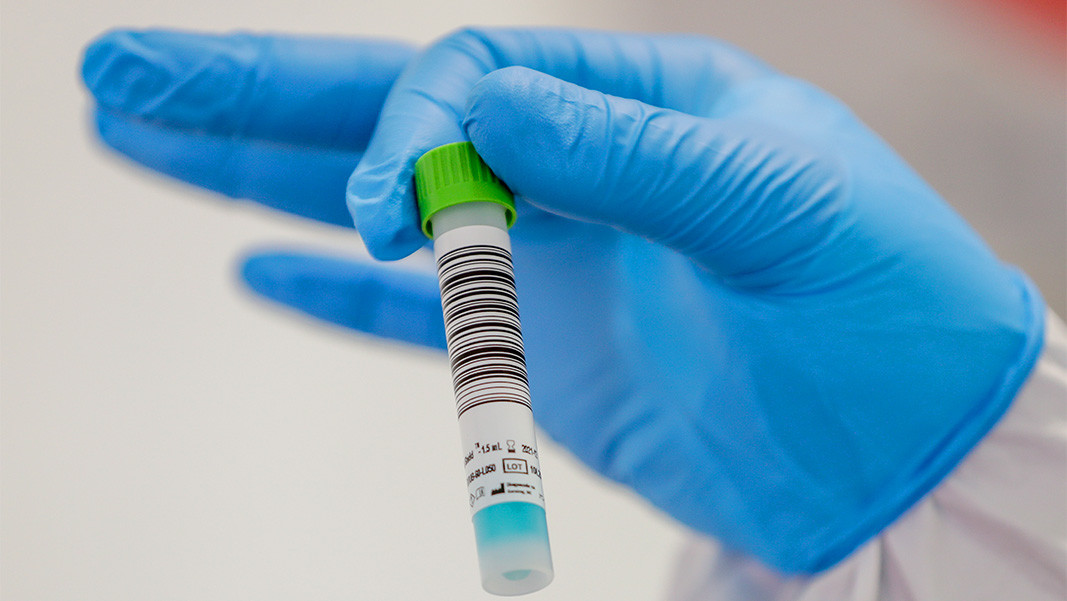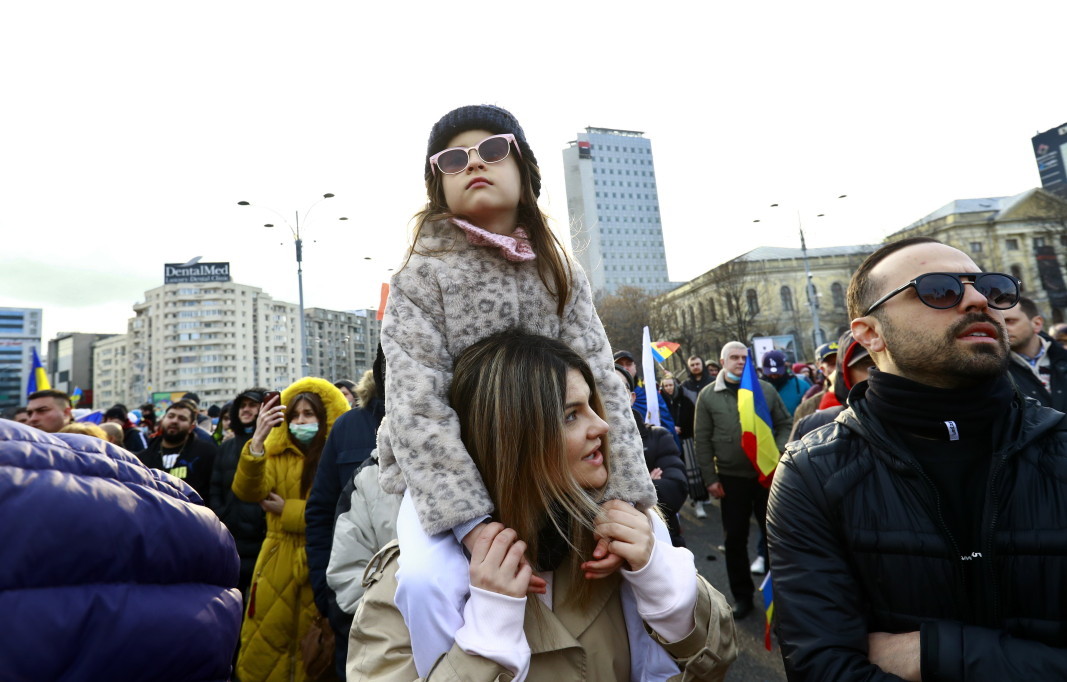Turkey officially withdraws from the Council of Europe Convention on Preventing and Combating Violence Against Women and Domestic Violence

Turkey’s withdrawal from the Council of Europe Convention on Preventing and Combating Violence Against Women and Domestic Violence (the Istanbul Convention) is a fact and this is our final decision, announced Turkey’s President Recep Erdogan after Europe called on Turkey to rethink its position, reported Nova TV. Ten days ago, Ankara surprisingly announced its decision to pull out of the Istanbul Convention. As a result, thousands of people took to the streets to support the Istanbul Convention, informed bTV.
According to data of the World Health Organization, 38% of the women in Turkey are subject to violence from a partner in their lifetime. So far this year 78 women have died in this country under suspicious circumstances.
Turkey signed the Council of Europe Convention on Preventing and Combating Violence Against Women and Domestic Violence in 2011. Opponents to the Istanbul Convention, however, contend that the document’s principles of gender equality undermine family values, specified BNT.
US report criticizes Serbia, Belgrade hits back

“The US government can criticize, but it needs to know that its criticism is only as good as its ability to apply what it asks of others to itself”, Serbia’s Minister of Interior Aleksandar Vulin said in response to the human rights reports of the U.S. Department of State, announced local media, quoted by BGNES.
“The government of a country in which there are massive racial clashes and random daily hate crimes, should not so easily accuse Serbia of hate crimes”, said Aleksandar Vulin. In 2020, Serbia and Montenegro faced significant human rights challenges, reads the report of the US Department of State. According to the report, there are serious restrictions on the freedom of expression, including violence and unjustified detentions and persecution of journalists.
Greece hands out free of charge self-testing kits

From April 1, every Green citizen is entitled to one free-of-charge antigen Covid-19 self-testing kit per week. As of April 3, the Greek nationals will be allowed to leave their home districts during the weekends. Shops are to open on April 5, but shopping malls will remain closed, announced Horizont channel of the Bulgarian National Radio. All people engaged in trade and commerce are to undergo mandatory Covod-19 testing twice a week.
Romanians protest against Covid-19 restrictions

Hundreds of people protested against the Covid-19 restrictions in Bucharest and several other large cities in Romania, as this country’s authorities introduced new measures aimed to contain the spread of the novel coronavirus and ease the pressure on the health system. In some places, the protests escalated into violence. The protesters called on the authorities to open schools, restaurants and gyms and lift the requirement for wearing masks outdoors, reported Radio Romania. However, the Romanian authorities contend that this is the only way to curb the spread of the pandemic and they do not intend to ease the anti-epidemic measures for the time being. So far, more than 2 million Romanians have received Covid-19 vaccines and nearly 1 million people have already received their second vaccine dose.
Cyprus opens up for tourists

On April 1, Cyprus officially opened for tourists from more than 65 countries, reported the Bulgarian National Radio’s correspondent Branislava Bobanac. According to the new health protocol, the arrivals from these countries will not need to quarantine, but will need to present one or two negative PCR tests depending on the categorization of the countries. Cyprus has introduced a color- coded system for Covid-19 risk assessed countries. The countries are classified in the green, orange and red categories. Tourists from the island’s largest tourism markets –Great Britain, Russia and Israel, are classified in the red category and can travel to Cyprus presenting two negative PCR tests- one taken before their flight and one taken upon arrival. Vaccinated Israelis can visit Cyprus without taking coronavirus tests.
Compiled by: Miglena Ivanova
English version: Kostadin Atanasov
Photos: BGNES, Balkan.eu, EPA/BGNESTimișoara, a large multicultural city in western Romania, is the center of the historical community of the Banat Bulgarians . The members of this community are descendants of settlers from the Bulgarian lands nearly three centuries ago, who have..
In Gabrovo – a city in the geographical center of Bulgaria, once described as the Bulgarian Manchester, but today facing demographic challenges – there are young people who believe that the future can be better and that this largely..
For 15 years, Stela Nedkova has been living in Brussels . After completing her education in Bulgaria, she decided to test herself in a different reality to see whether she could handle life’s challenges on her own, without her parents’ help. Stela faced..

+359 2 9336 661
